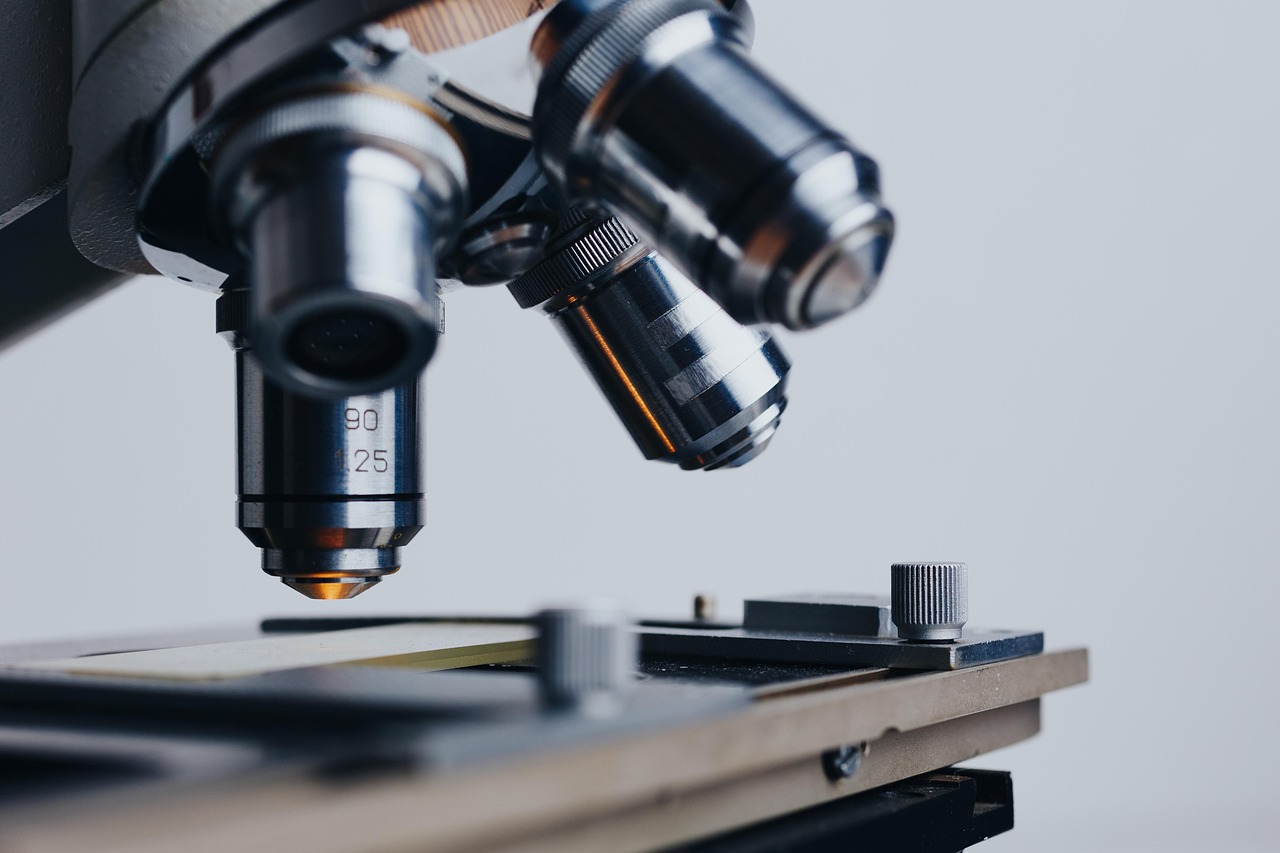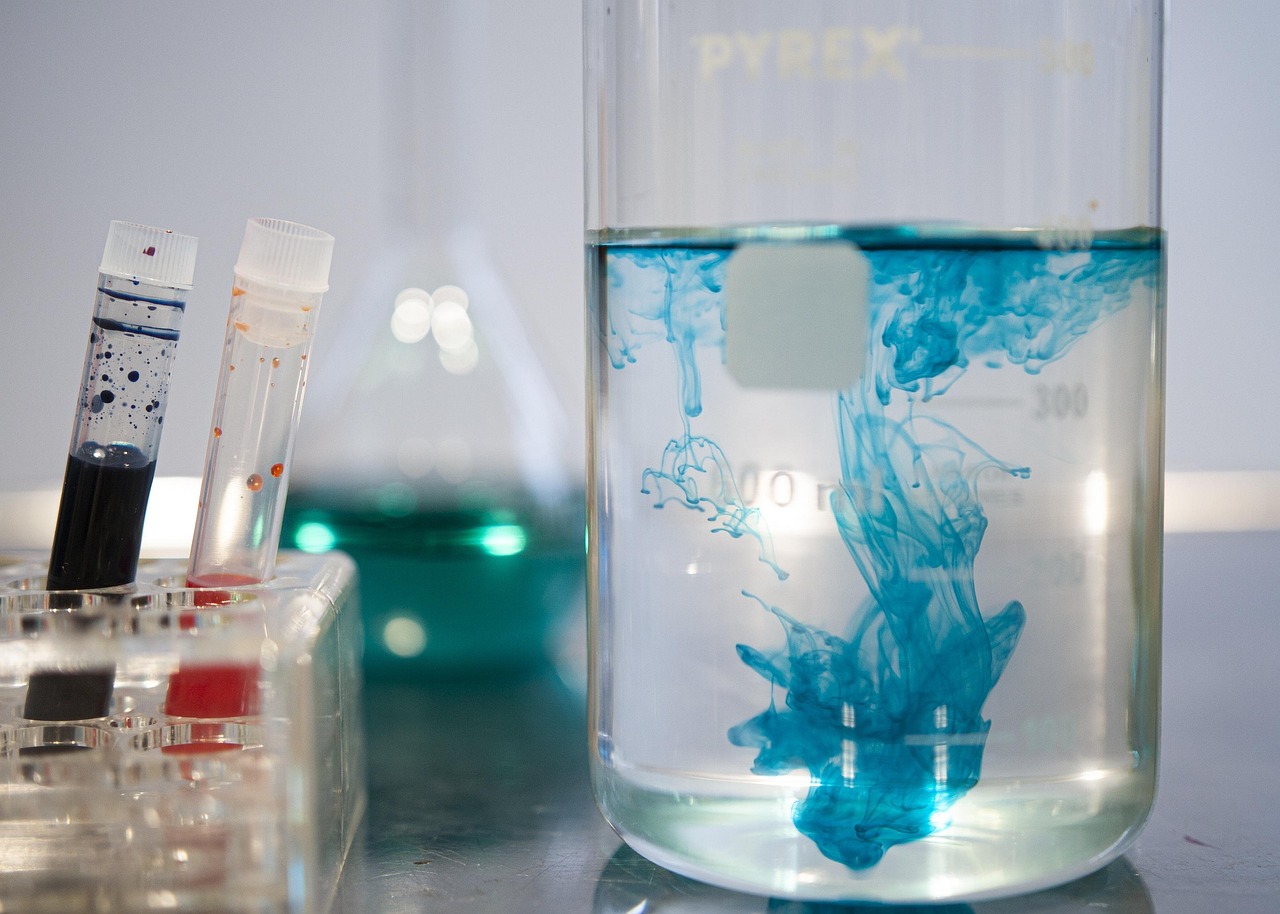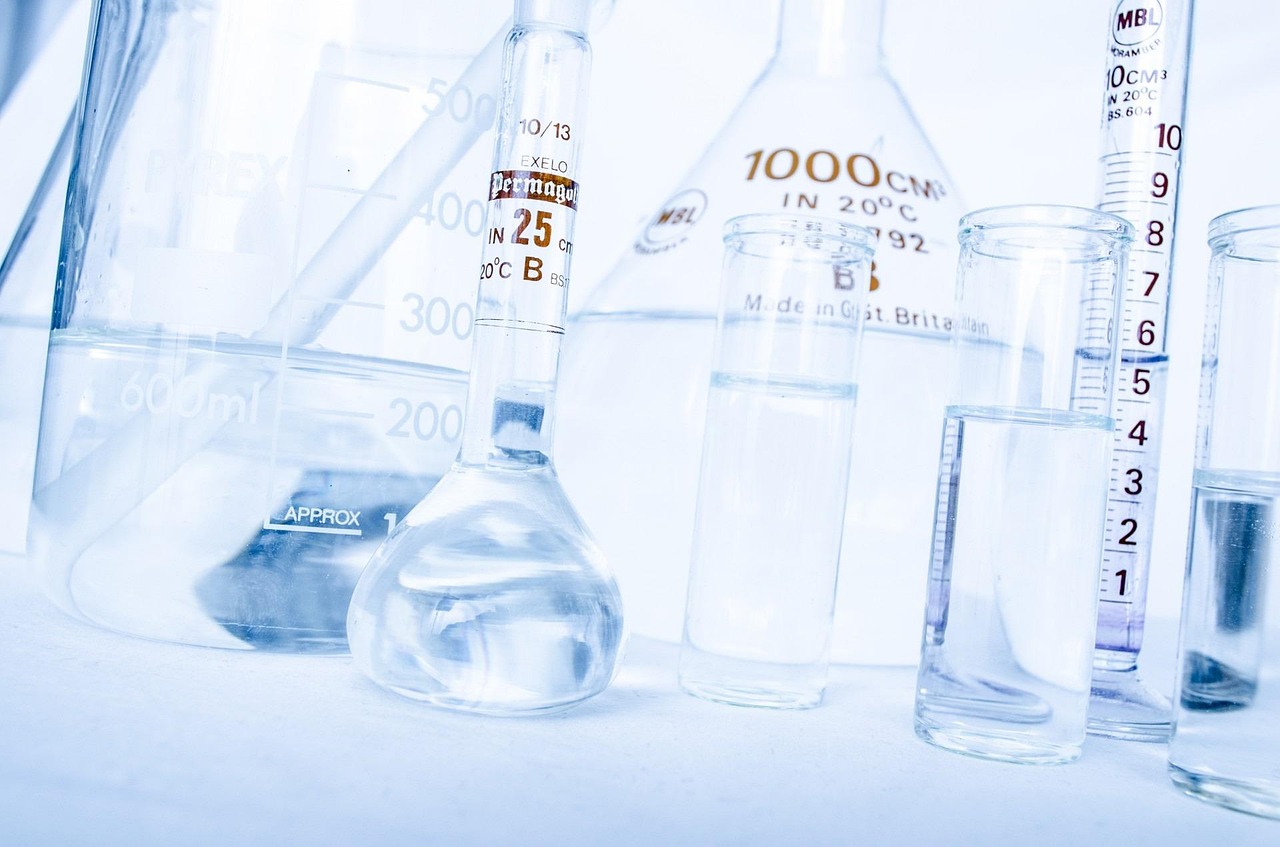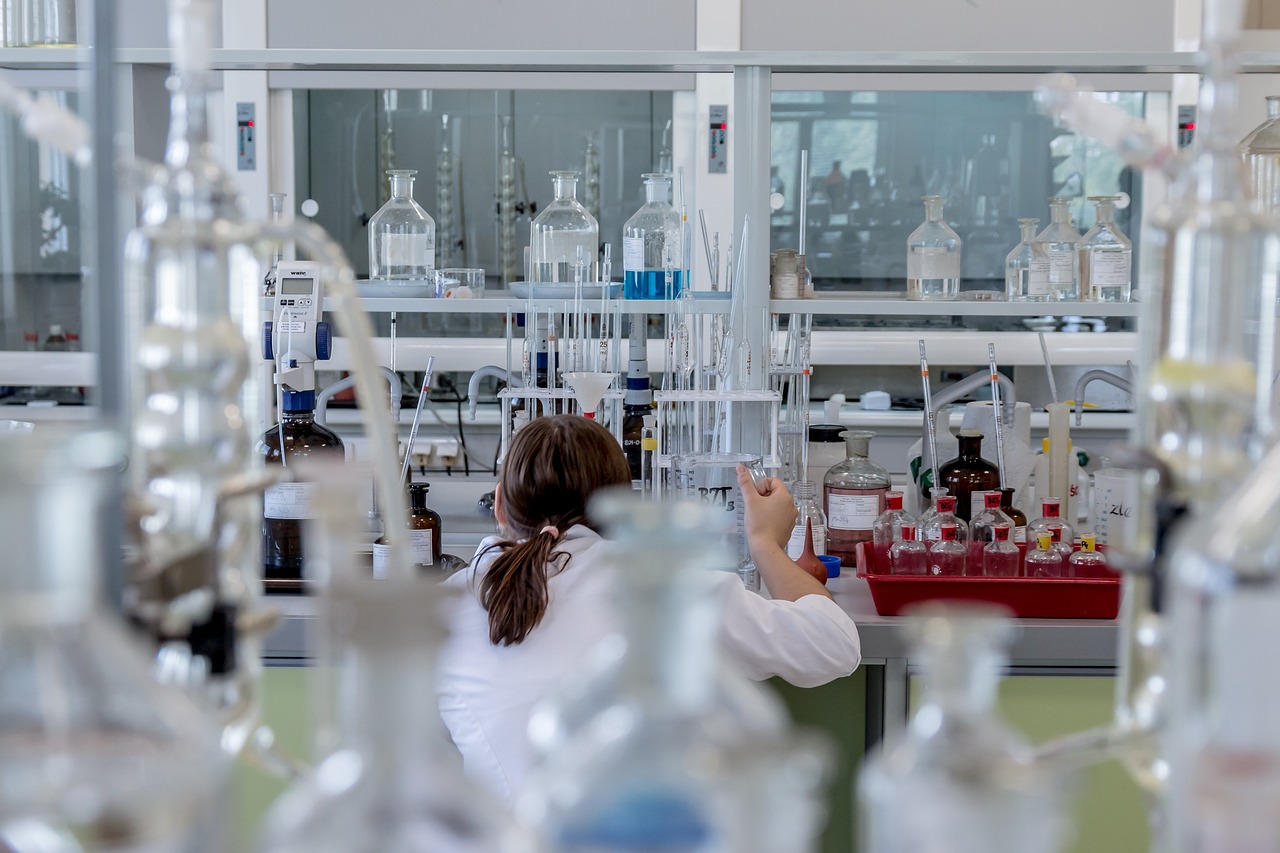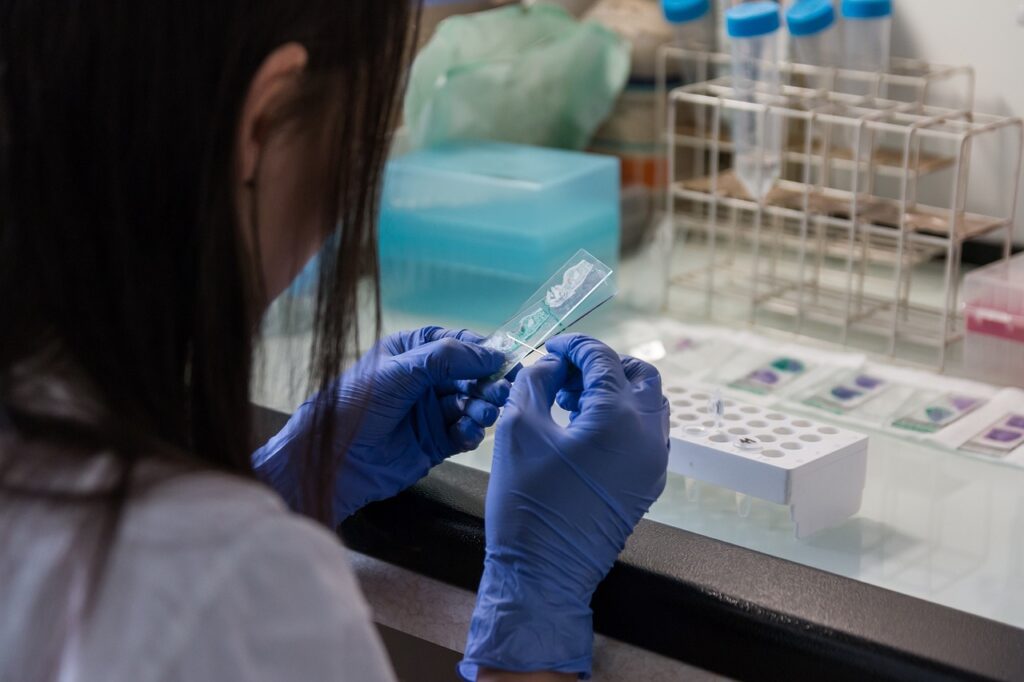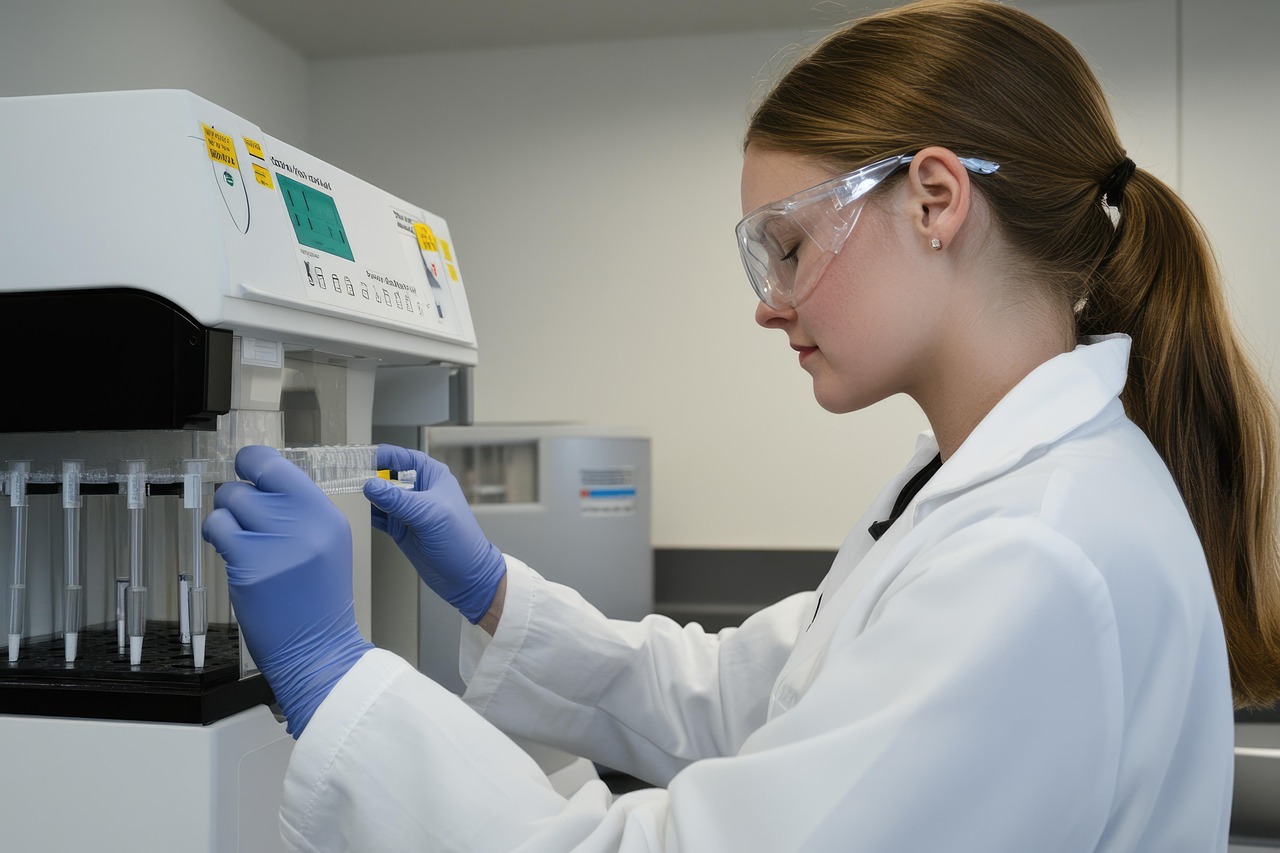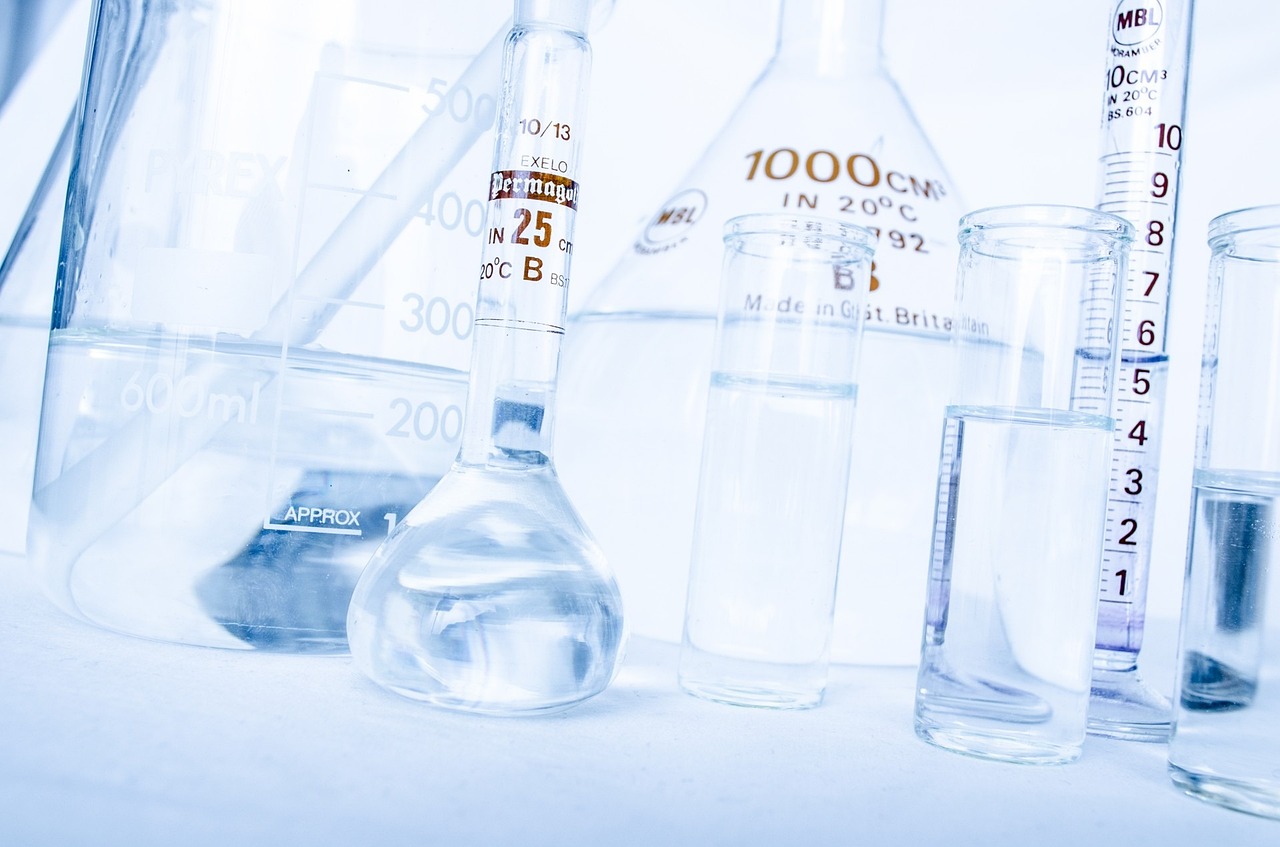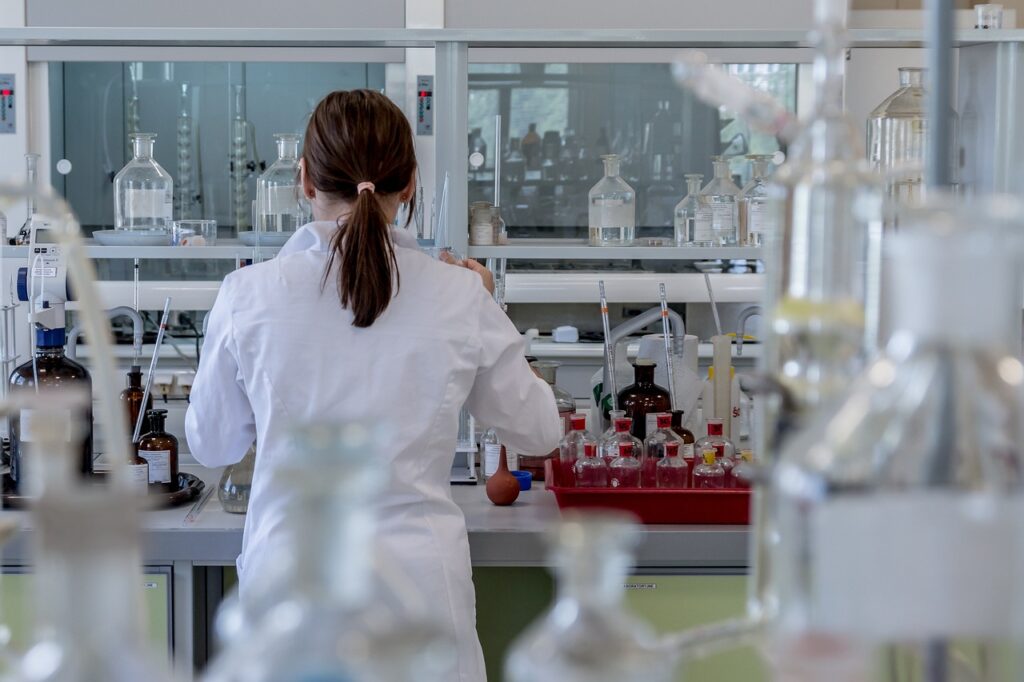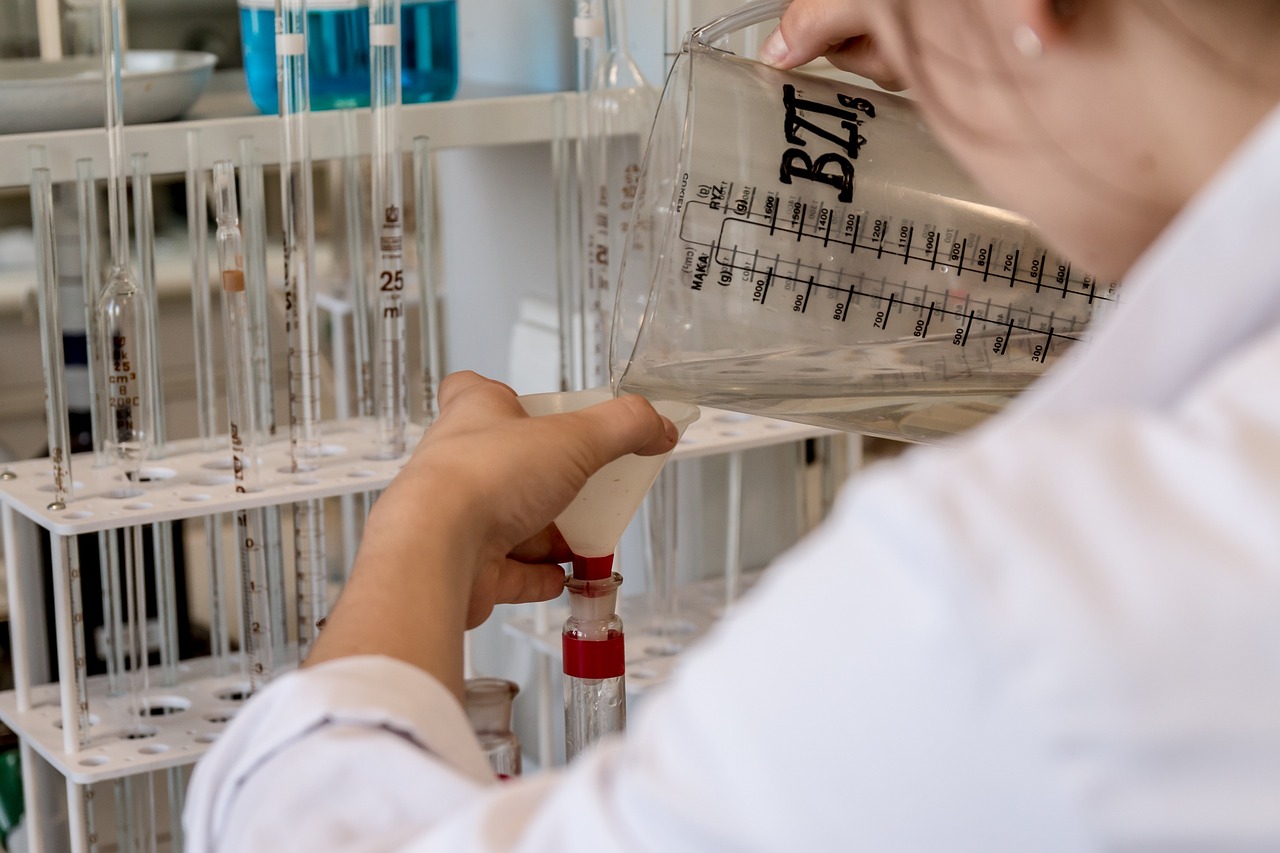There is a greater need than ever for proper food labeling and nutritional clarity in today's health-conscious society. While producers must adhere to stringent standards to assure product safety and honesty in labeling, consumers want to know exactly what they are eating. Food Nutrition Testing Laboratories are essential in this situation. These specialist labs are in charge of evaluating food items' nutritional value, making sure that health regulations are followed, assisting with product development, and accurately labeling products.
Understanding Food Nutrition Testing Laboratories
Food Nutrition Testing Laboratories are scientific establishments manned by qualified experts and furnished with cutting-edge analytical tools. Determining the nutritional makeup of food items, including macronutrients (such as proteins, lipids, and carbs), micronutrients (like vitamins and minerals), fiber, moisture, ash, and caloric values, is its main goal.
Food producers, beverage firms, nutritional supplement brands, regulatory agencies, import-export companies, and even startups aiming to introduce health-conscious food items are among the many clientele served by these laboratories.
Key Functions of Food Nutrition Testing Laboratories
Food Nutrition Testing Laboratories perform various critical functions that include:
1. Nutritional Analysis
This entails measuring food's nutritional components precisely. To check for nutrients, labs employ methods such as Near Infrared Spectroscopy (NIR), Gas Chromatography (GC), High-Performance Liquid Chromatography (HPLC), and Mass Spectrometry (MS).
2. Label Validation
Before a product hits the market, it must display a nutrition facts label. Labs ensure the data on the label matches the actual nutrient content, helping companies avoid regulatory penalties.
3. Shelf Life Testing
Understanding how nutritional value changes over time is crucial. Labs simulate storage conditions to evaluate the stability and shelf life of a product.
4. Regulatory Compliance
It is crucial to abide by national and international food safety laws (such as those set forth by the FDA in the US, the EFSA in Europe, or the FSSAI in India). Labs guarantee that goods fulfill these requirements, promoting secure trade both domestically and abroad.
5. Product Development Support
Labs also assist food innovators in developing new products. From prototyping to final formulation, nutritional data is vital for marketing healthy products.
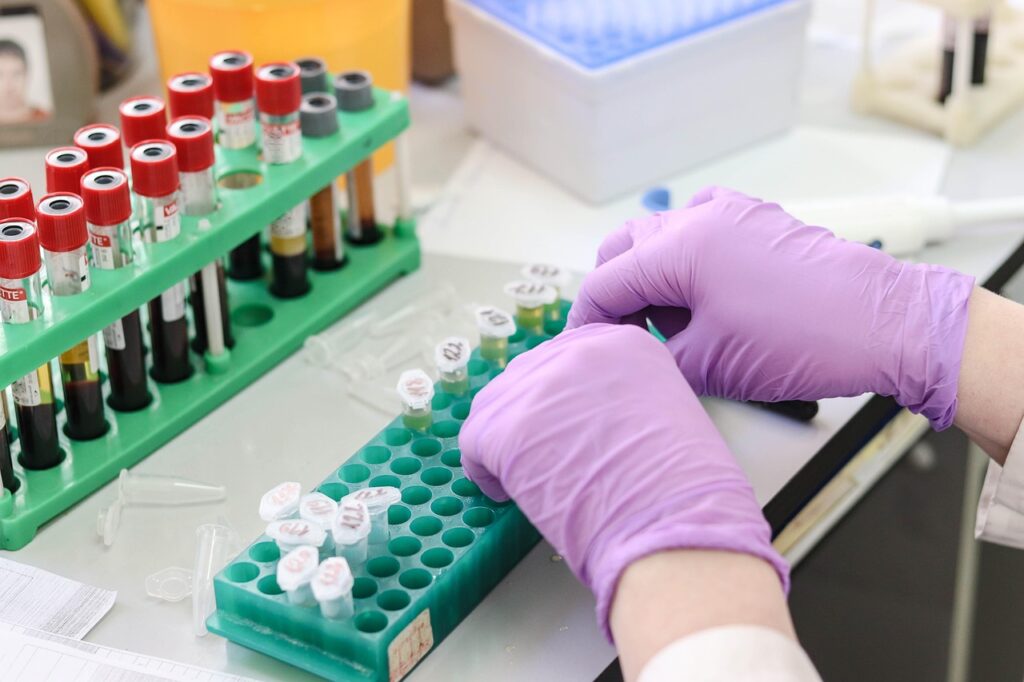
How Do Food Nutrition Testing Laboratories Work?
To ensure reliable results, Food Testing Laboratories follow a step-by-step process that includes:
Step 1: Sample Collection and Preparation
Clients send samples of the food product to the lab. These samples are carefully documented, stored, and prepared for analysis. Depending on the food type (liquid, solid, processed, etc.), the preparation method may vary.
Step 2: Analytical Testing
Using advanced equipment and standardized methods, the lab technicians conduct multiple tests to determine nutrient levels. For example:
- Protein content is usually measured using the Kjeldahl or Dumas method.
- Fat is determined using Soxhlet extraction or other solvent-based techniques.
- Carbohydrates are calculated by difference or analyzed using chromatography.
- Vitamins and Minerals are analyzed using spectrometry or chromatographic techniques.
Step 3: Data Interpretation and Report Generation
Once the tests are completed, the raw data is interpreted and compiled into a comprehensive report. This report includes:
- Nutritional values per 100g/ml
- Caloric content
- Compliance status
- Recommendations (if needed)
Step 4: Labeling and Consultation
Based on the results, the lab can also assist with creating nutrition labels that comply with relevant food safety guidelines. Some labs offer consulting services to help manufacturers reformulate their products for better nutritional profiles.
Why Are Food Nutrition Testing Laboratories Important?
The importance of Food Nutrition Testing Laboratories cannot be overstated. Here are several reasons why they are essential to the modern food industry:
- Consumer Trust: Transparent and accurate labeling builds trust and brand loyalty.
- Regulatory Adherence: Avoid costly fines or recalls by meeting government standards.
- Product Differentiation: Brands can highlight nutritional strengths such as "high in protein" or "low in fat."
- Health and Safety: Ensure the food is not only nutritious but also safe for consumption.
- Market Access: Meet import/export requirements for international markets.
Challenges Faced by Food Nutrition Testing Laboratories
While their role is essential, these laboratories also face several challenges:
- Constantly Changing Regulations: Staying updated with regional and international food laws is a continuous task.
- Sample Variability: Natural variations in ingredients can affect results, requiring repeated testing.
- High Cost of Equipment and Maintenance: Advanced instruments demand significant investment and upkeep.
- Technical Expertise: Recruiting and retaining qualified staff with scientific backgrounds can be difficult.
Future of Food Nutrition Testing Laboratories
The future of Food Nutrition Testing Laboratories is bright due to the increased need for individualized nutrition, health-conscious meals, and more stringent safety standards. It is anticipated that new technologies like automation, real-time monitoring tools, and artificial intelligence (AI) in food testing will improve testing accuracy and efficiency.
Furthermore, the need for transparency and traceability is expected to increase as consumers gain knowledge, thus solidifying the importance of nutrition labs in the food supply chain.
Conclusion
The foundation of the food industry is made up of food nutrition testing laboratories. They offer scientific proof for each dietary claim made on a product's label. These labs safeguard customers and enable firms to establish reliable brands by guaranteeing accuracy, safety, and regulatory compliance. The significance of these labs will only increase as the food business develops more.
Understanding the function and operation of Food Nutrition Testing Laboratories is essential for navigating the contemporary food scene, regardless of whether you're a health-conscious consumer, an established business, or a food startup.

